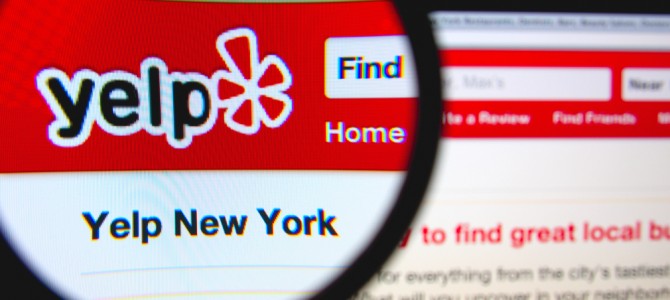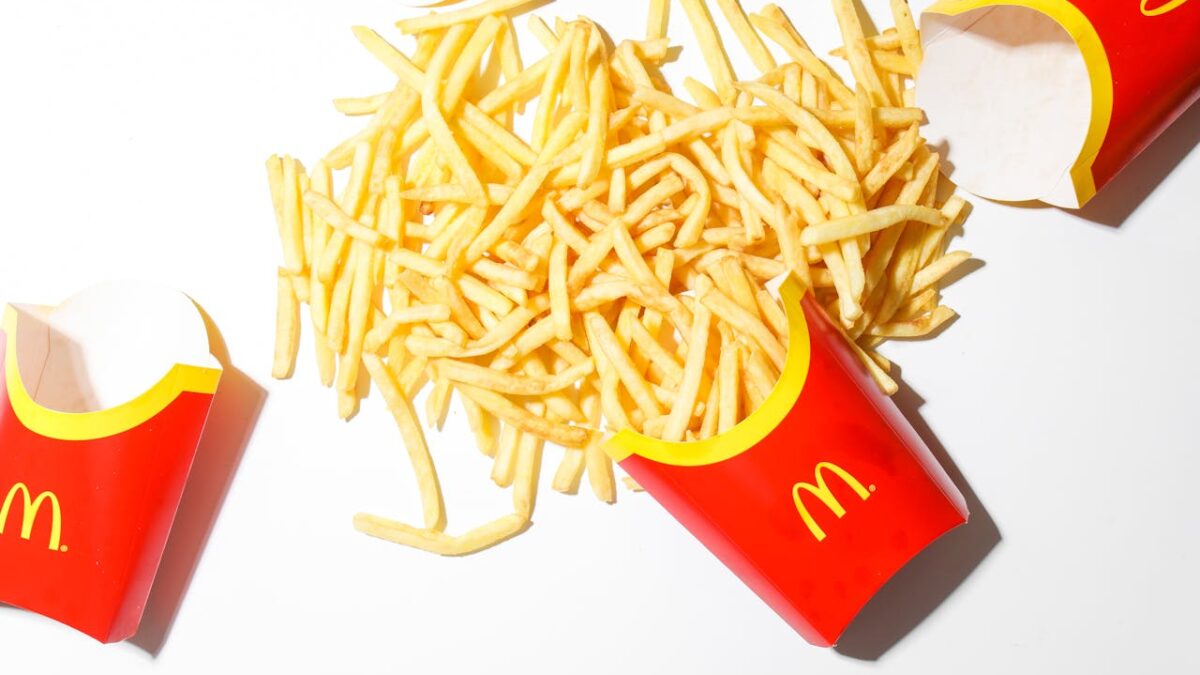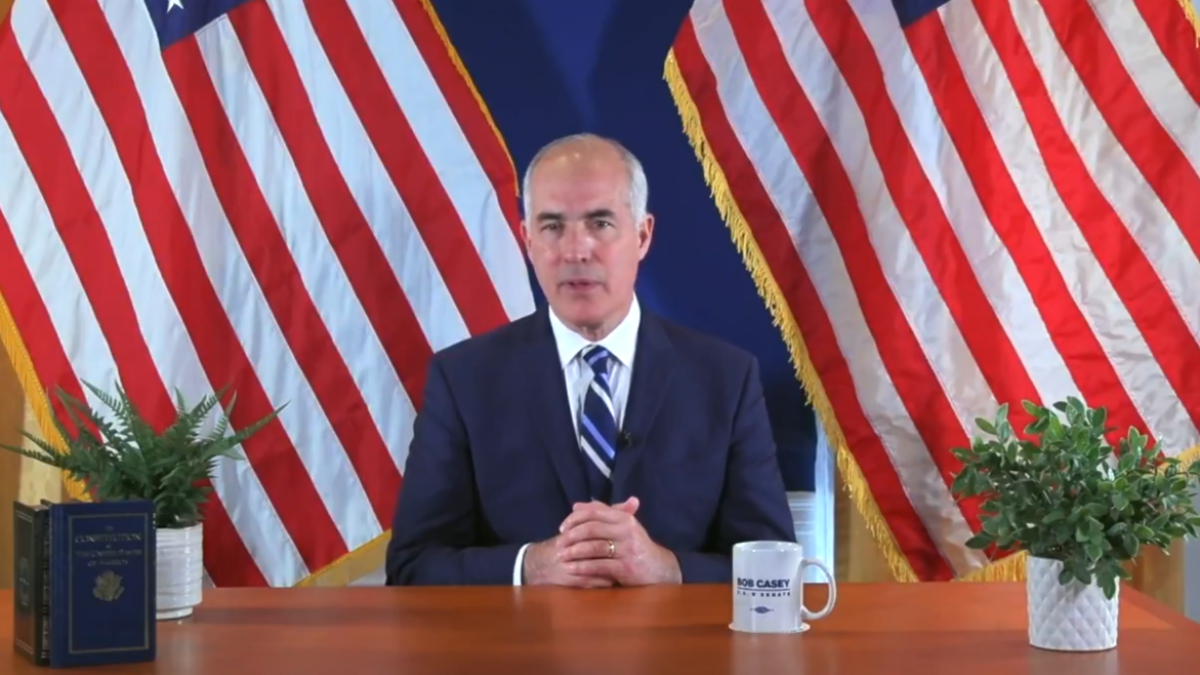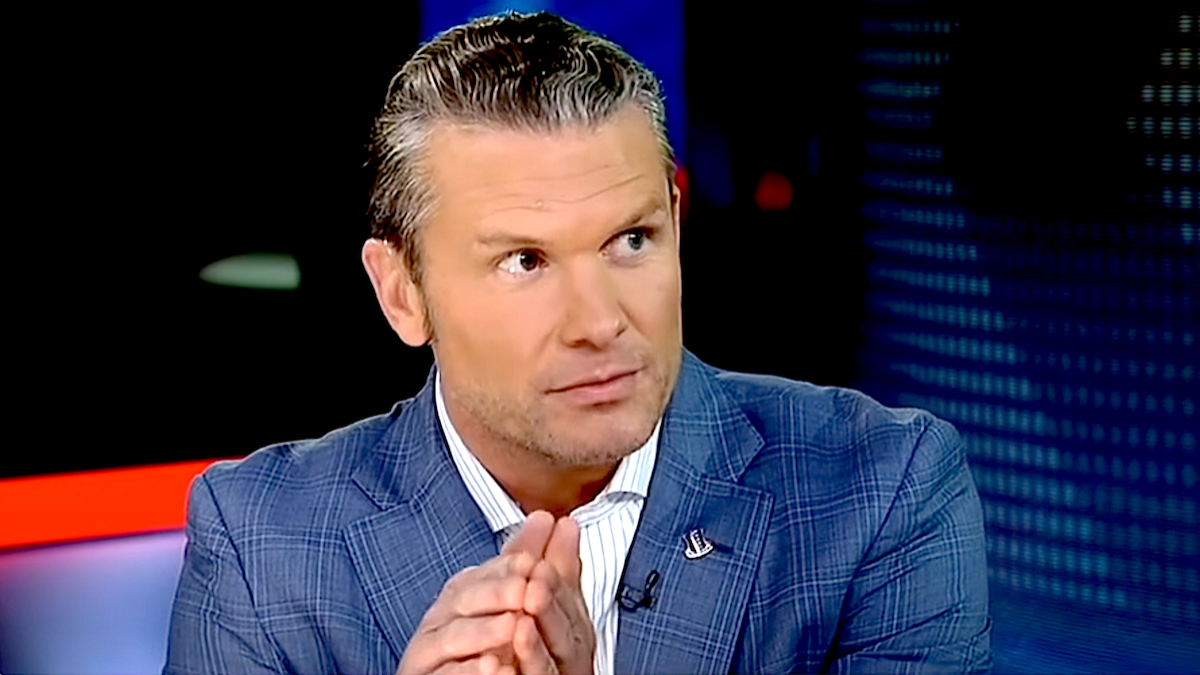
The mention of crowd-sourced review website Yelp once evoked a deep sense of panic and discomfort whenever I heard it. A few years ago, I was managing a small restaurant in a trendy Chicago neighborhood at a time when Yelp was very popular. We were reviewed multiple times daily, often positively, but I would have to discuss the negative posts in detail with the owners.
I would wake up every morning and log on to our restaurant’s Yelp page, sort the reviews to most recent, and let the dread set in. The best days were when there were none, but that was not common. Some days there would be a few five-star reviews, but they were typically accompanied by the dreaded one-star reviews.
I would come to work early in the afternoon, and the owners would already be in the office with all-new reviews printed and highlighted, ready for a candid discussion of why these very vocal people were unhappy with their experience. Positive reviews were hardly mentioned, but these terrible, and often-personal, negative write-ups always needed to be dissected point by point.
The Restaurant Raters’ Victim Complex
Some of the most harmful reviews were written by patrons whom I had personally spoken to while they were at the restaurant, and who had assured me they were really enjoying themselves. On one occasion, I noticed a guest had hardly touched her meal, so I asked her if anything was wrong. She insisted she was just too full to eat it, and even after I offered to bring her something else, she fake-smiled at me and assured me nothing was wrong. Later that night, she posted a lengthy negative review about how her food had been terrible and no one offered to do anything about it. I was devastated, but the next day still had to explain to my bosses how I had failed in providing good customer service.
Some reviews would name employees by name, criticizing their personalities and even their appearance in a style that could only be compared to the burn book from “Mean Girls.” I found on more than one occasion that a personal review like that was often composed by an ex, or someone who had an unkind intent toward the individual mentioned.
Following one particularly busy and challenging brunch service, we received four one-star reviews. I saw this before I reported for work the next day, and actually cried. I really thought I was going to lose my job. I drove to the restaurant the next day with knots in my stomach. I didn’t get fired that day, but I did get written up. I had to be held accountable.
I wondered after that incident if people had any idea their Yelp reviews were causing people such grief. I wondered if they knew that simply writing that it took 15 minutes to get a cocktail (when it was only eight—we have ways of verifying these claims) would cause a good bartender to be taken off profitable shifts and have his or her income greatly reduced. I wondered if maybe this is what reviewers wanted.
Anonymity Fosters Reputation-Smearing
Another restaurant in Chicago had received similar treatment on Yelp, and instead of punishing their employees, they decided to dismiss the review aggregate completely, even publishing one of the more confusing reviews on a postcard they used as a check presenter.
A professional restaurant critic will often visit a single location three times before publishing a review. They usually have a history of professional kitchen experience, and a specific list of things they are looking for in service, cuisine, and atmosphere. There is a reason the dining public and restaurateurs alike should take their evaluations seriously.
OpenTable offers users a similar platform, but only sends out review requests to people who made a reservation through the website, and whose visit the restaurant has verified. Restaurant managers take these reviews far more seriously. They are also not anonymous, which gives us an opportunity to reach back out to our clients to follow up with a complaint or compliment they may have made on the website.
“South Park’s” recent episode, “You’re Not Yelping,” while full of over-the-top satire (I wouldn’t compare Yelpers to members of the Islamic State), really captured the problem with Yelp. It gives people a reason to get attention online, and history proves that the negative voices are the loudest. People who review on Yelp actually look forward to having negative experiences so they can rant anonymously, and get accolades with no repercussion.
When your clientele becomes the type of people looking for problems, it becomes nearly impossible to take care of them. This type of diner stays longer, takes pictures of everything, and is generally more disruptive to service and other guests. It has greatly diminished the pleasure of hospitality, and I hope it dies a swift, permanent death.









